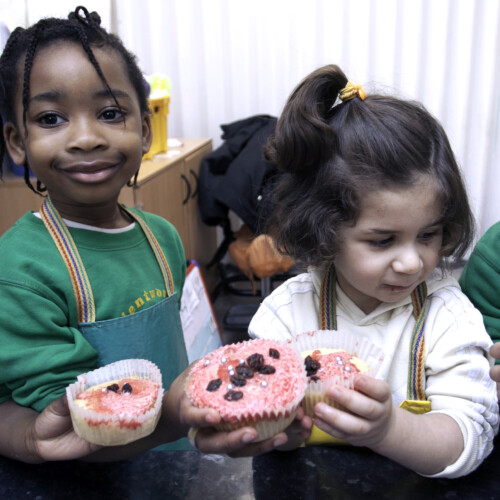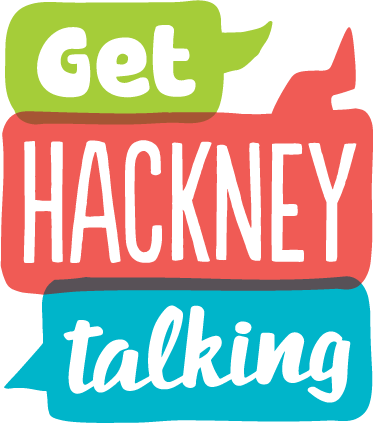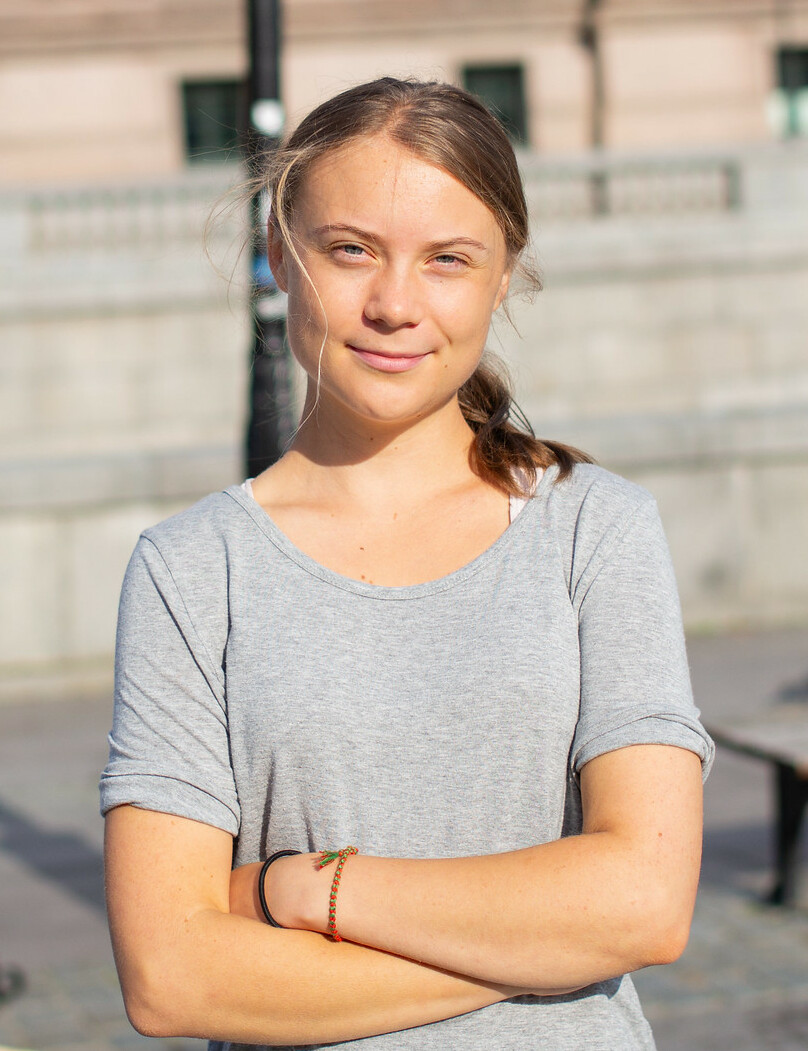What is social communication?
We all use a variety of social communication skills any time we interact. The development of these skills starts early in life and happens over a number of years, generally without a lot of direct teaching.
Social skills include:
Conversational Skills -greetings, starting conversations and listening skills.
Play Skills -joining play, turn-taking, sharing, coping with ‘no’, coping with losing, and ending play.
Understanding Emotions – reading facial expressions/body language, understanding tone of voice, awareness of own body language, labelling emotions, emotional regulation skills. Dealing with conflict – anger management and self- regulation skills, has the ability to ask for help.
Friendship skills – knowing how to make friends.
What signs might a child with social communication differences show?
- Preference for non-verbal communication such as pulling you by the hand
- Using eye contact less often than you might expect
- Preference for trying to do things for themselves instead of asking for help
- Being less likely to respond e.g. not responding to their name.
- A preference for play that may repetitive and may be focused on specific interests.
- A preference for playing by themselves and a dislike of sharing toys and taking turns with others.
- Anxiety and upset when moving between activities, for example from playing on the ipad to bed-time
How will this affect my child?
Children vary in the way they develop their social communication skills. Early intervention which focuses on your child’s social communication can help make a difference to their future.
How can I support my child at home?
- Be face-to-face with your child so that it is easier to observe what they are interested in and so you can notice when they try to communicate with you (for example if they hand you a toy to ask for help).
- Follow your child’s lead and show interest in their play, rather than directing their play. They will be more likely to pay attention to you when you do this.
- Use familiar songs and phrases – use songs and phrases from your child’s favourite books and TV shows in the real world. e.g. ‘jumping in muddy puddles’ from Peppa Pig.
- Encourage any type of communication – accept any means of communication, including speaking, making noises, gestures, pointing, reaching and facial expressions.
- Imitate – Imitate your child’s actions, sounds and words. For example, if they bang the spoon on the table, you do the same. It is more likely that they will pay attention to you if you copy them.
- Encourage social interactions – Help them learn skills to join in with other children. Playing games at home to support turn-taking and listening to others, for example singing songs with actions.





